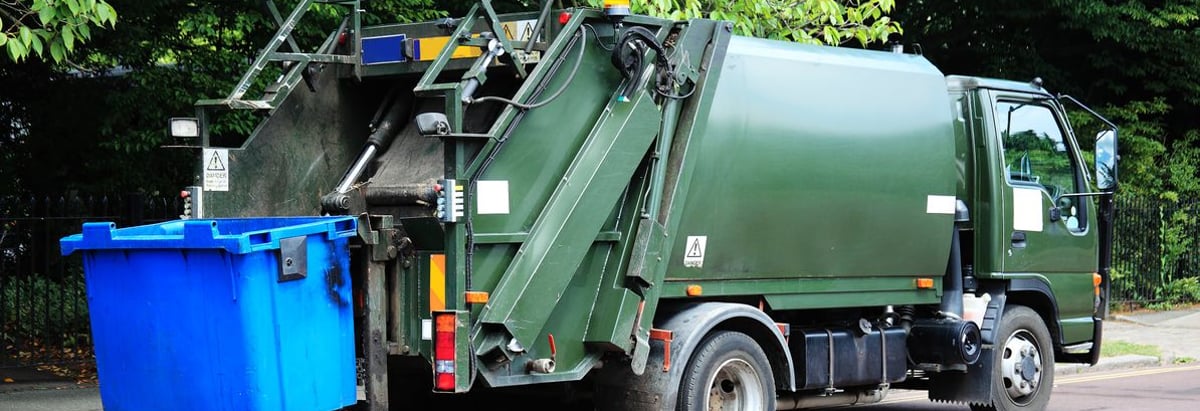Stock Analysis
- South Korea
- /
- Commercial Services
- /
- KOSDAQ:A448280
Insiders were the biggest winners as Ecoeye Co., Ltd.'s (KOSDAQ:448280) market cap grew by ₩29b last week

Key Insights
- Ecoeye's significant insider ownership suggests inherent interests in company's expansion
- 56% of the business is held by the top 5 shareholders
- Using data from company's past performance alongside ownership research, one can better assess the future performance of a company
A look at the shareholders of Ecoeye Co., Ltd. (KOSDAQ:448280) can tell us which group is most powerful. The group holding the most number of shares in the company, around 72% to be precise, is individual insiders. In other words, the group stands to gain the most (or lose the most) from their investment into the company.
As a result, insiders were the biggest beneficiaries of last week’s 21% gain.
In the chart below, we zoom in on the different ownership groups of Ecoeye.
See our latest analysis for Ecoeye
What Does The Lack Of Institutional Ownership Tell Us About Ecoeye?
Small companies that are not very actively traded often lack institutional investors, but it's less common to see large companies without them.
There could be various reasons why no institutions own shares in a company. Typically, small, newly listed companies don't attract much attention from fund managers, because it would not be possible for large fund managers to build a meaningful position in the company. Alternatively, there might be something about the company that has kept institutional investors away. Ecoeye's earnings and revenue track record (below) may not be compelling to institutional investors -- or they simply might not have looked at the business closely.
Ecoeye is not owned by hedge funds. Jongsu Jeon is currently the largest shareholder, with 23% of shares outstanding. Meanwhile, the second and third largest shareholders, hold 13% and 6.6%, of the shares outstanding, respectively.
Our research also brought to light the fact that roughly 56% of the company is controlled by the top 5 shareholders suggesting that these owners wield significant influence on the business.
While studying institutional ownership for a company can add value to your research, it is also a good practice to research analyst recommendations to get a deeper understand of a stock's expected performance. As far as we can tell there isn't analyst coverage of the company, so it is probably flying under the radar.
Insider Ownership Of Ecoeye
The definition of company insiders can be subjective and does vary between jurisdictions. Our data reflects individual insiders, capturing board members at the very least. Management ultimately answers to the board. However, it is not uncommon for managers to be executive board members, especially if they are a founder or the CEO.
I generally consider insider ownership to be a good thing. However, on some occasions it makes it more difficult for other shareholders to hold the board accountable for decisions.
Our most recent data indicates that insiders own the majority of Ecoeye Co., Ltd.. This means they can collectively make decisions for the company. So they have a ₩123b stake in this ₩171b business. Most would argue this is a positive, showing strong alignment with shareholders. You can click here to see if those insiders have been buying or selling.
General Public Ownership
The general public-- including retail investors -- own 26% stake in the company, and hence can't easily be ignored. This size of ownership, while considerable, may not be enough to change company policy if the decision is not in sync with other large shareholders.
Next Steps:
While it is well worth considering the different groups that own a company, there are other factors that are even more important. Take risks for example - Ecoeye has 3 warning signs (and 2 which shouldn't be ignored) we think you should know about.
Of course this may not be the best stock to buy. So take a peek at this free free list of interesting companies.
NB: Figures in this article are calculated using data from the last twelve months, which refer to the 12-month period ending on the last date of the month the financial statement is dated. This may not be consistent with full year annual report figures.
Valuation is complex, but we're here to simplify it.
Discover if Ecoeye might be undervalued or overvalued with our detailed analysis, featuring fair value estimates, potential risks, dividends, insider trades, and its financial condition.
Access Free AnalysisHave feedback on this article? Concerned about the content? Get in touch with us directly. Alternatively, email editorial-team (at) simplywallst.com.
This article by Simply Wall St is general in nature. We provide commentary based on historical data and analyst forecasts only using an unbiased methodology and our articles are not intended to be financial advice. It does not constitute a recommendation to buy or sell any stock, and does not take account of your objectives, or your financial situation. We aim to bring you long-term focused analysis driven by fundamental data. Note that our analysis may not factor in the latest price-sensitive company announcements or qualitative material. Simply Wall St has no position in any stocks mentioned.
About KOSDAQ:A448280
Ecoeye
Provides carbon credits in South Korea.


